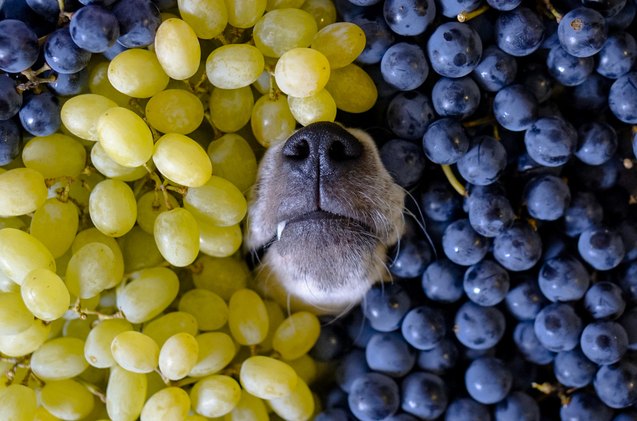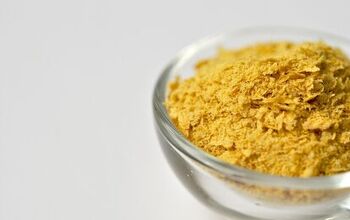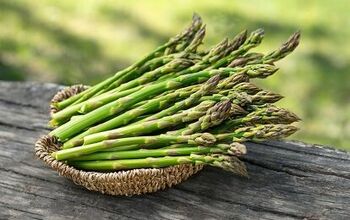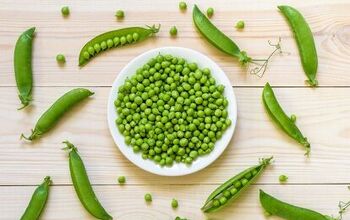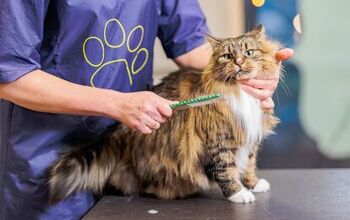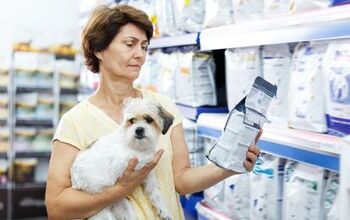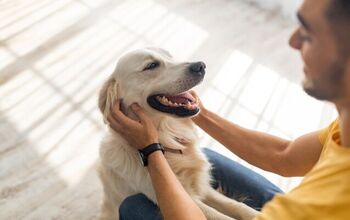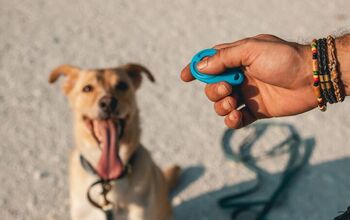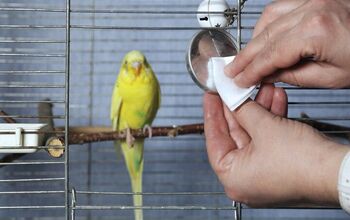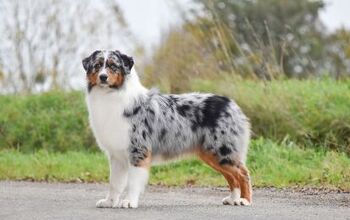Can Dogs Eat Grapes?

As omnivores, dogs should have a well-balanced, diverse diet. In most cases, this includes a source of fresh veggies and fruits, whether offered as a healthy treat or included in your pet’s home-cooked meal. However, not all human foods are safe for dogs to eat- in fact, some of them are downright toxic to our four-legged friends. If you’re here because you have been wondering can dogs eat grapes, you should know that this is one of the few fruits that should never be given to pets. Even one single grape can be fatal to dogs, so even a teensy bite is a big no-no.
Unlike dog-safe fruits such as strawberries, apples, or bananas, grapes are highly toxic to dogs. Grape toxicity can affect any dog, regardless of their breed, age, sex, or size, and the consequences are, in most cases, very serious. Not all dogs will react the same way to grapes, though, but for some, eating grapes can cause kidney failure.
Once again, let’s sum it up: can dogs eat grapes? Absolutely not. Never, in any shape or form, give your pet grapes. Now that we have that cleared up let’s move on to reasons why dogs can’t eat grapes.
Strangely enough, while the cases of dogs poisoned by eating grapes are well-documented, scientists still haven’t been able to figure out the exact substance in this fruit that makes dogs sick. In fact, there isn’t even a uniform dog reaction to this fruit, apart from the fact that they’re usually negatively affected by it, though at varying levels. Some canines seemed to fare better than others, with grapes causing “only” vomiting and diarrhea, while the unlucky pooches who happen to be particularly sensitive to the mysterious toxic substance in grapes, can experience fatal complications, such as acute kidney failure, violent seizures, and coma.
We can’t say, with certainty, what’s the reason for the different side-effects dog have from eating grapes. What experts can say, though, is that it seems that the toxic substance is located in the flesh of the fruit, rather than its skin or seeds, which indicates that no form of grapes could ever be safe for dogs.
While there’s no doubt about the issue of can dogs eat grapes, you might be curious about raisins. Seeing how raisins are dehydrated grapes, the same rules apply: dogs can’t eat them. In fact, some experts claim that raisins can be even worse for your dog, as the harmful substance is bound to become even more concentrated in the dried version of the fruit. And, again, even the small amount of few tiny raisins is enough to harm a dog, especially if the canine in questions happens to be a particularly sensitive one.
As it is usually the case with, well, everything, there are people on the internet claiming that grape toxicity is a hoax and that dogs can eat grapes without having any issues. The problem with this is that the specific substance in this fruit that’s making dogs sick is still unknown; which means that it could be that grapes are not what’s poisonous to dogs, but the chemicals used in treating fruit diseases. Even if herbicides and pesticides were what’s causing the issue, it’s all the same: it’s highly likely that most of the readily available fruit has been treated with the same concoctions. So, please, don’t risk it, because it’s completely unnecessary to do so- there are many other dog-safe fruits you can offer to your pet instead.
What happens when a dog eats grapes? As this fruit is highly toxic to dogs, your pet could experience some severe health issues if they consume it. However, while it’s certain that there’s something about grapes that makes them dangerous for dogs, not all four-legged companions react the same to grape poisoning. Some pets can shake it off with milder side effects, such as stomach upset, whereas some dogs barely live to tell the tale after eating merely a grape or two.
According to PetMD, here are the most common symptoms your dog will display if they happen to eat grapes or raisins:
- Vomiting and (or) diarrhea
- Loss of appetite
- Lethargy, weakness, unusual quietness
- Abdominal pain
- Dehydration
- Oliguria (passing only a small amount of urine)
- Anuria (complete cessation of urine)
- Foul breath
- Oral ulcers
- Tremors
- Seizures
- Coma
If you happen to notice that your dog managed to eat grapes or figure out that there’s some missing from the table, the safest route is to try and induce vomiting. Of course, if your dog already did that on their own, you won’t have to make them repeat it. At this point, you should be contacting a veterinarian to get advice on how best to proceed. In most cases, you’ll have to get your pet to the emergency vet, for gastric lavage or administration of active charcoal, both of which are meant to counteract the toxicity of the grapes. After that, monitoring your dog to see if they display any of the symptoms of renal failure is vital- you will have to do that for a few days. Some doggos turn out to be the lucky ones and don’t experience any problems, but it’s more likely that your pet will have some issues because of eating grapes. At the slightest sign of kidney-related problems, such as urinary issues, rush your pet to the vet immediately.
Depending on how severe the poisoning is, your veterinarian might suggest different courses of treatment. At best, all of your pet’s troubles would have gone away at the initial stage, after the grapes were vomited out and the toxins removed quickly. A good rule of thumb is that a dog who isn’t displaying any of the more serious symptoms and doesn’t have any subsequent renal failure symptoms in the next three days is in the clear. For dogs who aren’t as lucky, the treatment can go from intravenous fluid therapy that flushes the toxins out of the bloodstream and encourages the canine’s kidneys to work at a healthy pace, to hemodialysis. Unfortunately, it’s not rare that a vet has to euthanize a dog who ate grapes, due to their kidneys completely shutting down. This grave scenario, though, is more likely in cases where nobody noticed the dog eating grapes and failed to notice kidney failure symptoms until it was too late.
It’s quite simple, really. Just steer clear from sharing a bite of your fruit salad, raisin cookie or a sip of grape juice with your furry bestie. Additionally, you should try to avoid having grapes in easily reachable places- if you’re craving them, put them on the fridge or eat straight away, rather than leaving them on the kitchen table or cupboard. Of course, these tips do sound like they’re coming straight from Captain Obvious, but, in truth, the most obvious solutions are the ones we tend to overlook first. If we eliminate instances where pets were given grapes directly as a treat, most poisoning cases happened when a pooch got his paw into their owner’s fruit stash that was free for the taking (AKA in a fruit bowl on the kitchen table) or when a pawrent inadvertently shared some of their food that happened to contain grapes. So, be cautious and keep your pupper safe!
Fortunately, the fact that grapes are not dog-friendly doesn’t mean that all fruits are off limits for canines. There are plenty of sweet, tangy, and tart fruits that are 100% safe for dogs to eat, and, moreover, that dogs find incredibly delicious. Strawberry, apples, pineapple, banana, watermelon, blueberry and many more are vet-approved additions to your four-legged baby’s menu. You can check out our recipe section for some fruit-inspired dog treats you can make yourself, or head on over to our food blog for more information on which fruits, veggies, and other human foods dogs can and can’t eat.

A proud mama to seven dogs and ten cats, Angela spends her days writing for her fellow pet parents and pampering her furballs, all of whom are rescues. When she's not gushing over her adorable cats or playing with her dogs, she can be found curled up with a good fantasy book.
More by Angela Vuckovic



